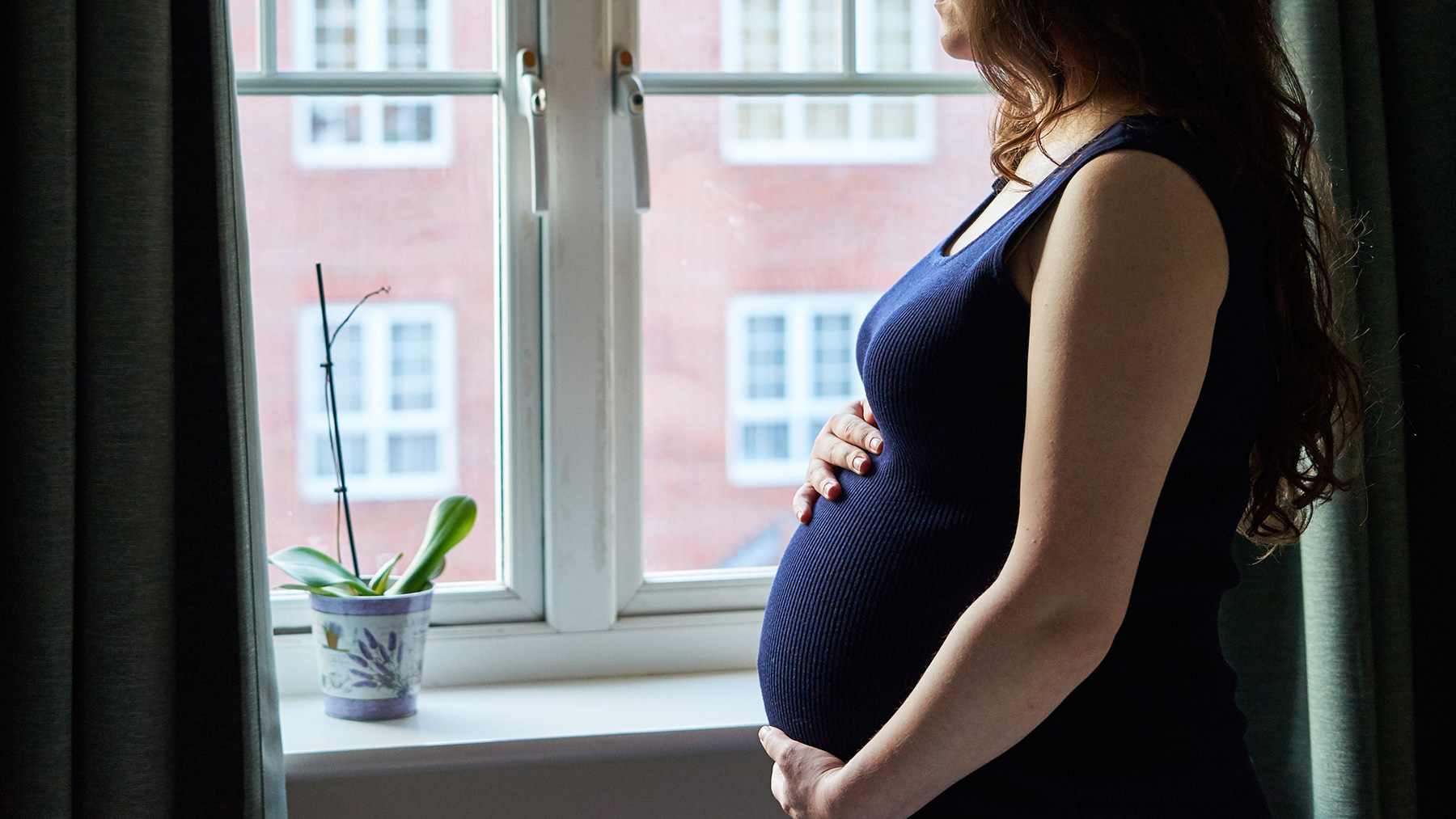Pregnancy and COVID-19: your questions answered

Editor’s note: As what we know about COVID-19 evolves, so could the information contained in this story. Find our most recent COVID-19 blog posts here, and learn the latest in COVID-19 prevention at the Centers for Disease Control and Prevention.
Pregnancy is naturally a worrisome time for expectant mothers and new parents, but the COVID-19 pandemic is complicating matters.
The good news is that from early reports out of China, COVID-19 doesn’t appear to attack pregnant moms any more severely than it does the non-pregnant population. This report contrasts with the flu or SARS, which are four or five times more likely to make pregnant women sick than non-pregnant women.
COVID-19 doesn’t appear to be transmitted sexually, doesn’t appear to be transmitted to the baby during pregnancy and hasn’t been found in breast milk.
It seems the biggest concern may be if mom delivers her baby during an active infection. If that occurs, the baby would have to be “socially distanced” from mom, and mom would have to pump her breastmilk to feed the baby to keep that social distancing.
COVID-19 is a new disease, and we’re still learning how it spreads, the severity of illness it causes and to what extent it may spread in the United States. It’s important to listen to your doctor, as well as monitor guidelines being shared by the Centers for Disease Control and Prevention.
Below are some questions I’ve been asked regarding COVID-19 and pregnancy.
Will my prenatal appointments be different?
We’re trying to space appointments apart as much as possible to limit potential exposure. You may not be seen as often early in pregnancy if the appointment can be combined with a later one. This precaution is for routine care only and not if there’s a complication or high-risk issue. Ultrasounds may be spaced out for the same reason.
Right now, we’re limiting patients to one support person.
Should a pregnant woman be doing anything differently to minimize the risk of contracting COVID-19?
No, nothing different than the recommended social distancing that we’re all practicing. Obviously, that includes staying away from those who are sick.
What steps are labor and delivery units taking to ensure mothers are safe and comfortable in the hospital while delivering during this pandemic?
We’re all taking precautions to limit exposures. We have protocols in place for labor patients and patients undergoing cesarean sections if infected. Ohio State’s labor and delivery staff have worked very hard in planning for any situation regarding active infection. And, as in all times, if you don’t need to be in the hospital, don’t be in the hospital.
Will I be discharged from the hospital sooner after I deliver?
You may be offered an opportunity to be discharged early, again, to potentially limit exposures. That will happen only if there are no complications, and both mom and baby are healthy and OK to go home.
What extra precautions should a mother take with her baby once home?
I certainly would resist the urge to show the baby off to family and friends until the “all clear” is given by public health agencies.
I’d urge you to ask any questions or raise any concerns about pregnancy and COVID-19 to your obstetrician, nurse practitioner or midwife.
Michael Cackovic is a maternal fetal medicine physician at The Ohio State University Wexner Medical Center and director of the Heart Disease in Pregnancy Program. He's also an associate professor of obstetrics and gynecology at the Ohio State College of Medicine.




